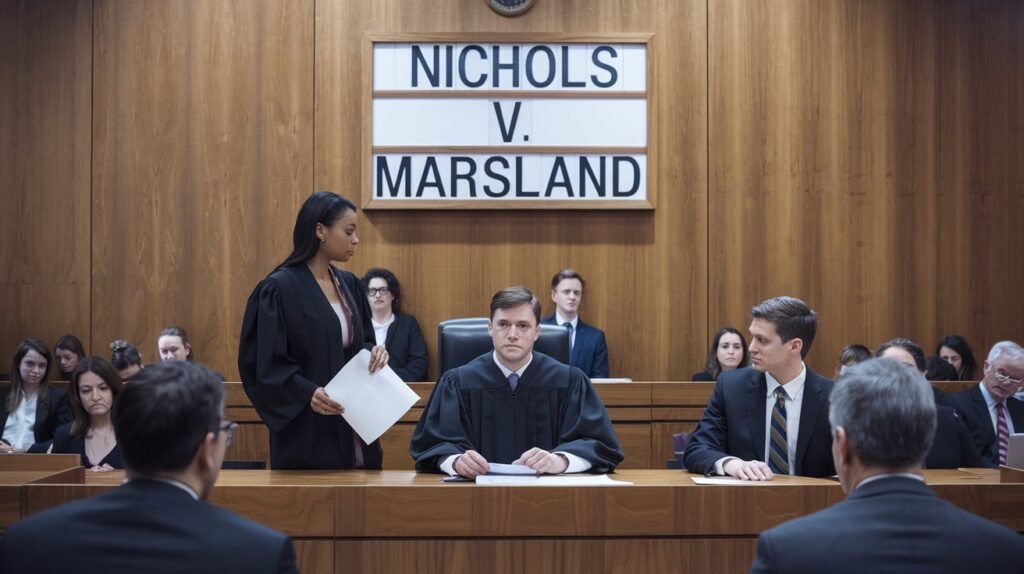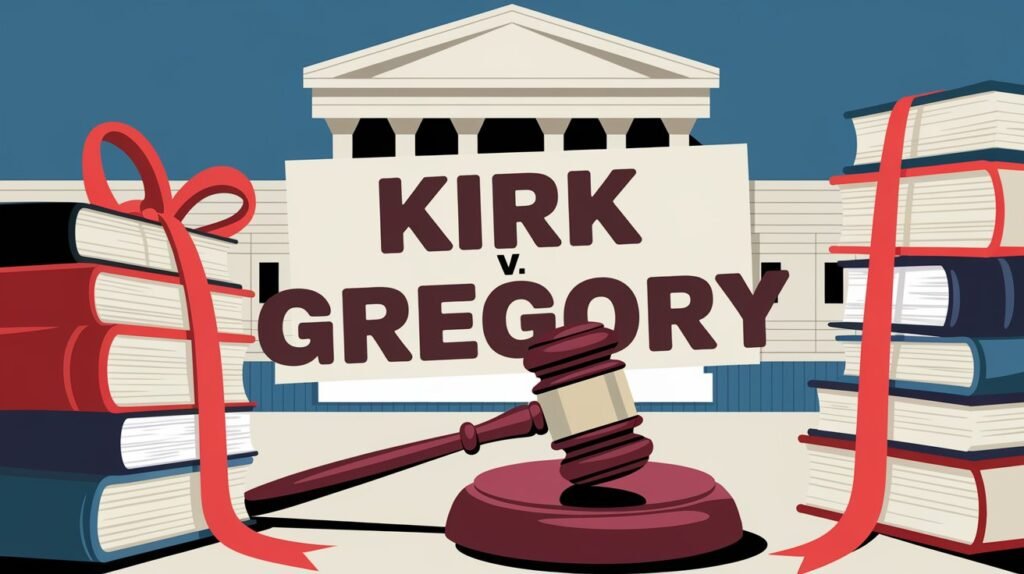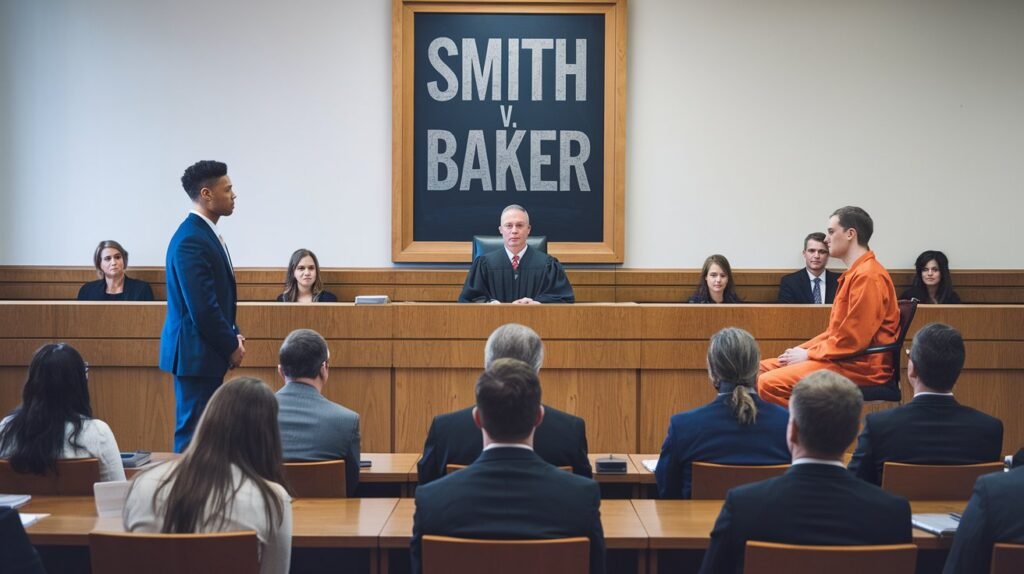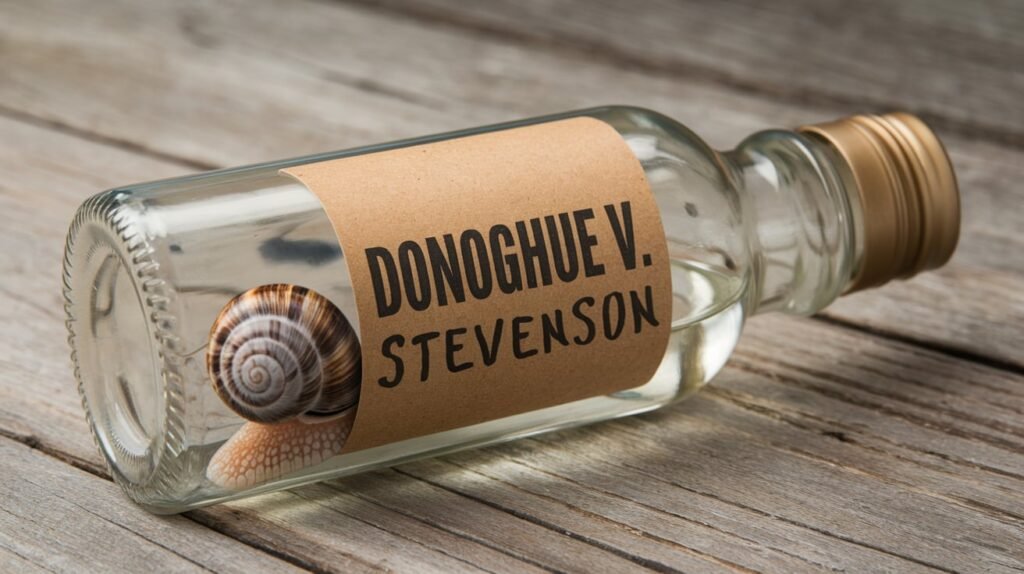King V. Phillips 1953 (Case Summary)

This case refined the principle of duty of care in negligence, highlighting that liability for nervous shock depends on the foreseeability of harm to the claimant as a direct result of the defendant’s actions.
Table of Contents
ToggleFacts of King v Phillips
- The defendant, a taxi driver, negligently reversed his taxi near a pedestrian area.
- The taxi struck a bicycle ridden by a child, but the child was not seriously injured.
- The child’s mother, who was not present at the scene but saw the incident from a window, suffered nervous shock and emotional distress.
- The mother sued the taxi driver for damages, alleging that his negligence caused her nervous shock.
Issues framed
- Whether the defendant owes a duty of care to the claimant, the child’s mother, to prevent nervous shock?
- Whether the nervous shock suffered by the mother is reasonably foreseeable as a consequence of the defendant’s negligent act?
Subordinate Court Judgment
The trial court held that the defendant’s negligent act caused the plaintiff’s mental shock and awarded her damages.
Judgment of King v Phillips
The case focused on the principles of negligence and foreseeability in claims for nervous shock.
The Court of Appeal held that the defendant’s duty of care in negligence is limited to foreseeable harm to proximate individuals. It ruled that the nervous shock suffered by the mother was not reasonably foreseeable as she was neither directly involved in the incident nor in close physical proximity to it. The court clarified that duty of care for nervous shock extends only to those who are within the “zone of danger” or directly impacted by the negligent act.
The Court of Appeal overturned the lower court’s decision, ruling in favor of the defendant, ruling in favor of Phillips. Lord Denning stated, “The shock suffered must be such as could reasonably be anticipated in a person of normal fortitude and proximity to the event.”





